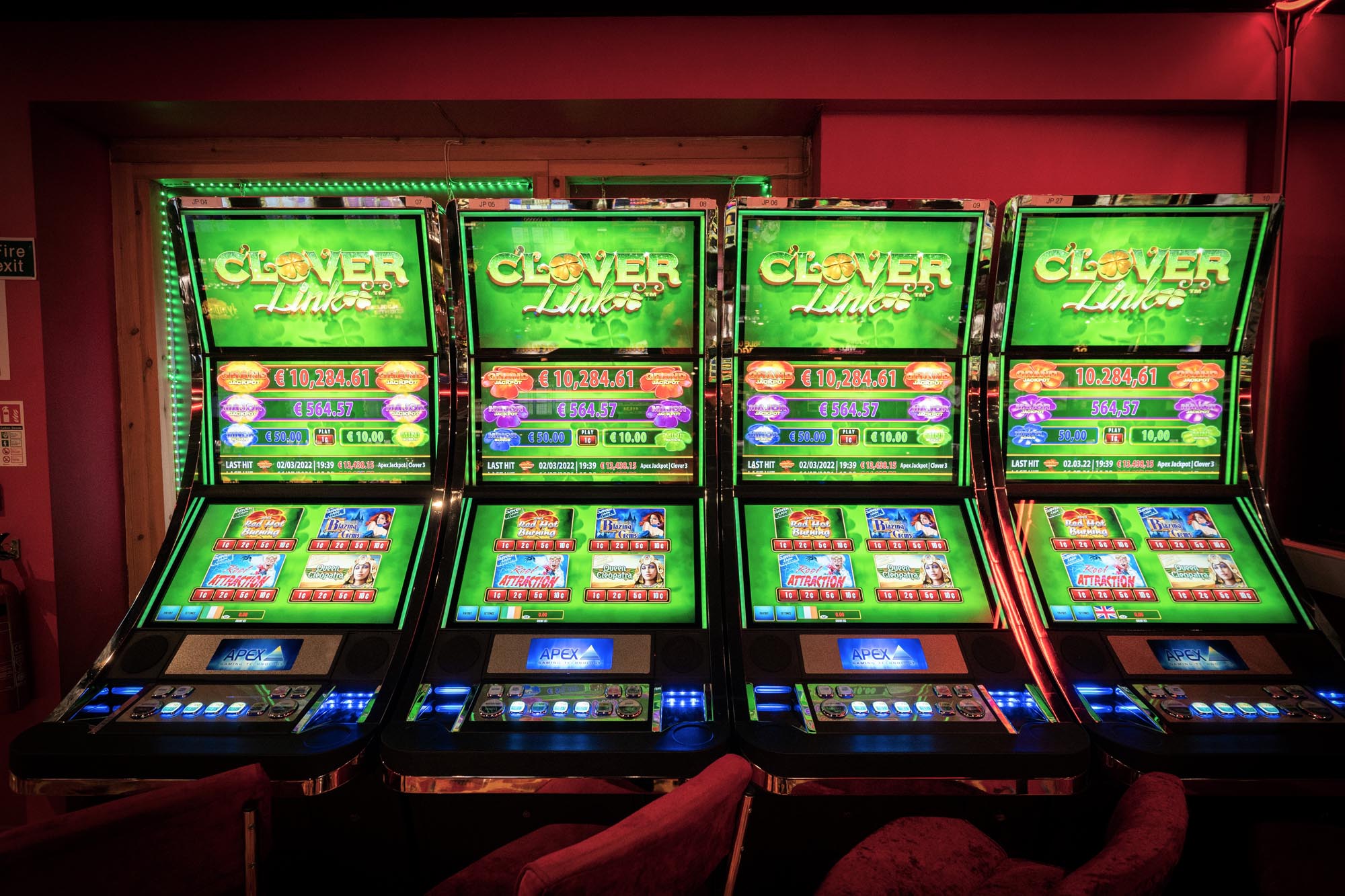
This allure of casino games has mesmerized millions around the planet for centuries. From the spinning roulette wheel to the melody of shuffling playing cards, the rush of fortune and expertise merges to create an exciting atmosphere that pulls people in. These activities are not just pastimes; they have become an integral part of the entertainment industry, evolving into a universal movement that covers opulent hotels, dynamic online platforms, and all that lies in between.
As the desire for distinct and interesting experiences persists to expand, the stories behind the achievements of gaming experiences reveal a captivating landscape. Innovators and developers are constantly stretching the limits of innovative thinking and originality, leading to the rise of fresh entertainments and immersive technologies. UK casino not on GamStop Delving into these stories offers us a glimpse into the requirements to build a casino game business and the passion that motivates those operating behind the scenes.
The Evolution of Gambling Games
Gambling games have a robust history that stretches back hundreds of years, with their origins often linked with ancient ceremonies and communal events. The earliest forms of gambling can be linked back to ancient China, where games involving dice were enjoyed, and even to the Romans who participated in betting on various events. Over time, these rudimentary forms of entertainment evolved into more structured forms, culminating in the development of games such as baccarat and roulette in the 17th century. These initial gambling games laid the foundation for the industry we experience today.
As society progressed, so did the sophistication and diversity of gambling options. The 19th century marked a significant turning point with the establishment of formal casinos in locations like Monte Carlo and Las Vegas. This era saw the emergence of popular games such as poker and blackjack, which captured the imaginations of players around the world. The surge of these games was enhanced by advancements in game design and the creation of gambling laws that rendered the industry more regulated and appealing to the public.
The digital transformation in the final 20th and early 21st centuries changed the landscape of gambling options yet again. The introduction of the internet led to online casinos, enabling players to enjoy their beloved games from the convenience of their houses. This transition not only broadened the scope of casino games but also opened up new formats like live dealer games and mobile gaming apps. Today, the casino game industry continues to evolve, with innovative technologies such as virtual reality and blockchain promising reshape the coming years of betting.
Successful Game Creation Techniques
The foundation of a flourishing casino game empire lies in the development of entertaining and creative games that captivate players. A winning strategy entails extensive market research to understand up-to-date trends and player preferences. By reviewing user feedback and studying high-performing titles, developers can determine what connects with players and what features are in demand. Including original themes, varied game mechanics, and aesthetically appealing graphics are essential to differentiate in a cutthroat landscape.
Teamwork is another key factor of successful game development. Bringing together talented designers, programmers, and mathematicians guarantees that games are both visually captivating but also fair in terms of gameplay. Encouraging open communication among team members nurtures creativity and leads to innovative concepts. Moreover, connecting with players during the beta testing phase allows developers to gather valuable insights that can enhance gameplay elements before the official launch.
Lastly, efficient marketing strategies cannot be ignored in building a flourishing casino game empire. Creating a captivating narrative around the game and utilizing digital media platforms to create excitement can dramatically impact player acquisition. Offering promotions, loyalty rewards, and engaging in community events can also enhance player retention. By combining strong development practices with astute marketing, game developers can create an immersive experience that keeps players returning for more.
The Future of Gambling Play
The environment of casino play is evolving swiftly, driven by developments in tech and shifting player preferences. Digital and mobile play is prepared to dominate the sector as more players seek convenience and availability. Virtual VR and augmented reality are also making their way into the casino experience, providing immersive settings that elevate traditional gameplay to a different standard. As gamblers crave more participatory and engaging experiences, casinos will need to adapt and evolve to keep their customers interested.
Additionally, the incorporation of artificial tech and information analysis will play a significant role in defining the prospects of casino gaming. Casinos will use data to understand gambler actions, personalize experiences, and enhance client service. Customization will become key, as players will expect games that adjust to their tastes and gaming habits. As the gaming industry makes use of these insights, the development of novel game formats and elements will likely appear, keeping the gambling experience fresh and stimulating for all.
Moreover, the trend towards responsible gaming is becoming increasingly significant. As regulators and consumers focus more on player welfare, casinos will need to implement measures that encourage responsible play practices. This could include options that allow gamblers to set limits on their spending and time spent playing, as well as improved resources for those who may be struggling with gaming addiction. By focusing on responsible gaming, casinos can build trust with their clientele and ensure a lasting future in the challenging environment of casino play.